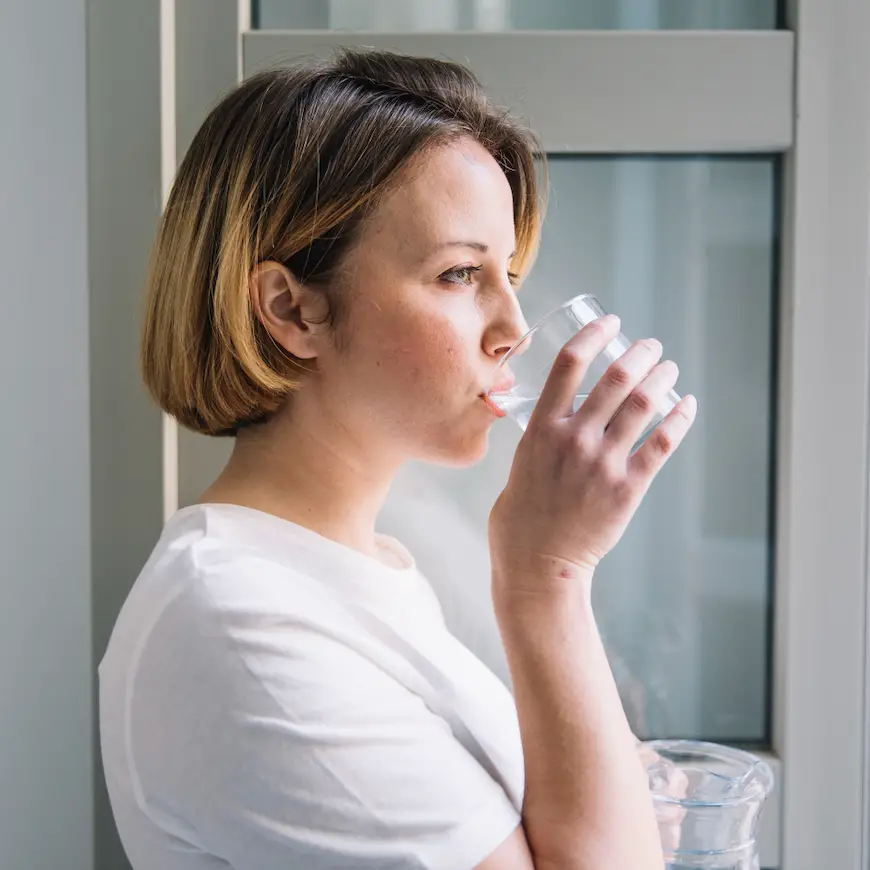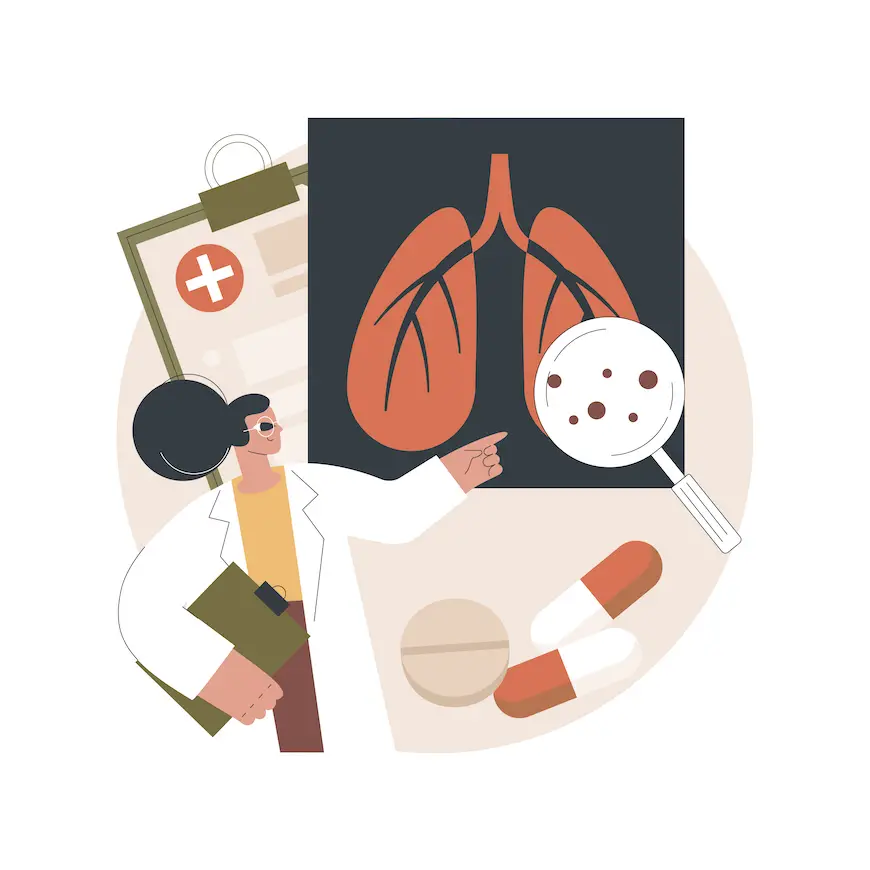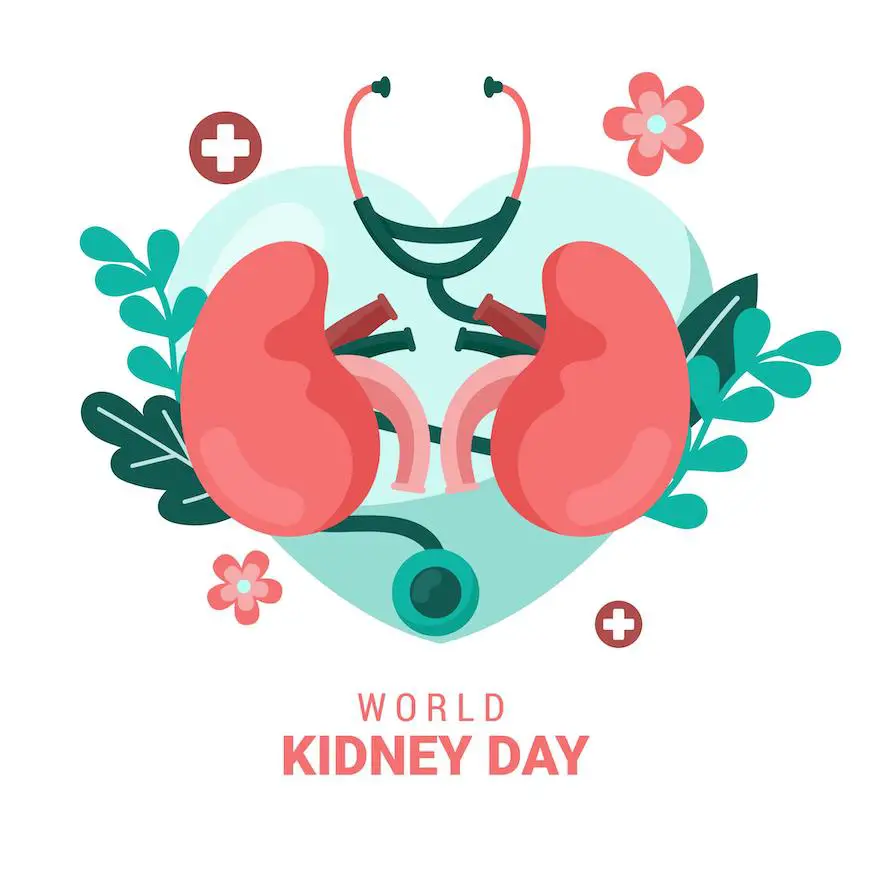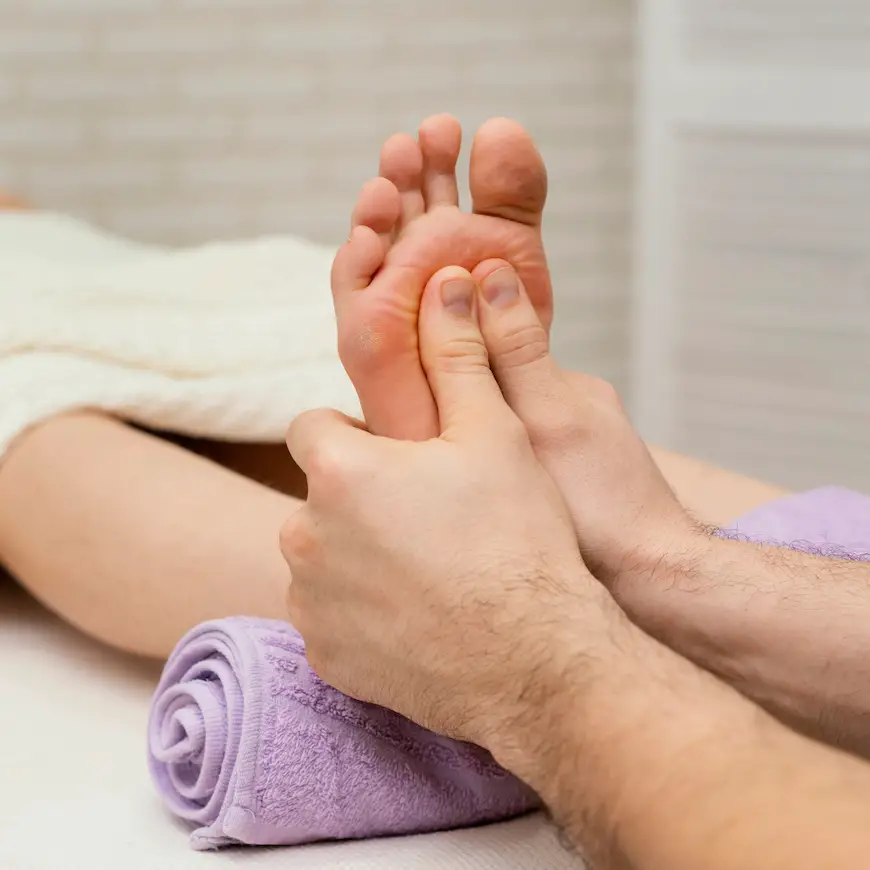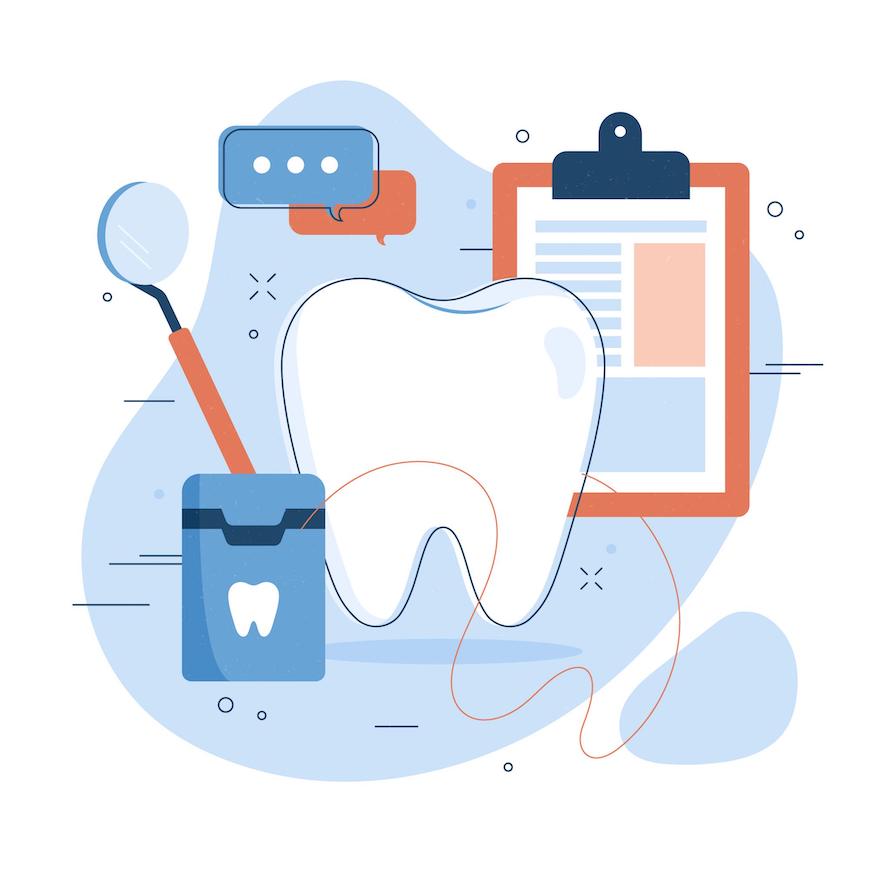Best Contacts for Dry Eyes offer materials and designs specifically suited for moisture retention, allowing you to still wear contact lenses comfortably.
Dry eye can occur if you don’t produce enough tears, or the quality of the tears you do produce is poor. Choosing the best contacts for dry eyes can improve comfort and make contact lens wear possible even with dry eye issues. In most cases, for people who do not have dry eye, you may not feel the contact lens sensation. However, if you have dry eye, your eyelids will become irritated, and this condition can worsen, leading to a drier, more uncomfortable experience. Contact lenses can also dry out the eyes or cause blurred vision.
Causes of dry eye
First, the front of the human eye is covered with a tear film of different layers. It has a thin layer of lipid or fat on top, a thick layer of water and protein in the middle, and a layer of mucus underneath. Anything that disturbs this layer can cause dry eyes.
Disruptions can come from the:
- Environment
- Medications
- Computer screens
- Ceiling fans and AC units.
- Natural aging
- Hormonal changes during menopause,
- Certain medical conditions
- Contact lenses can also disrupt the eye’s natural moisture.
Do contact lenses help or harm dry eyes?
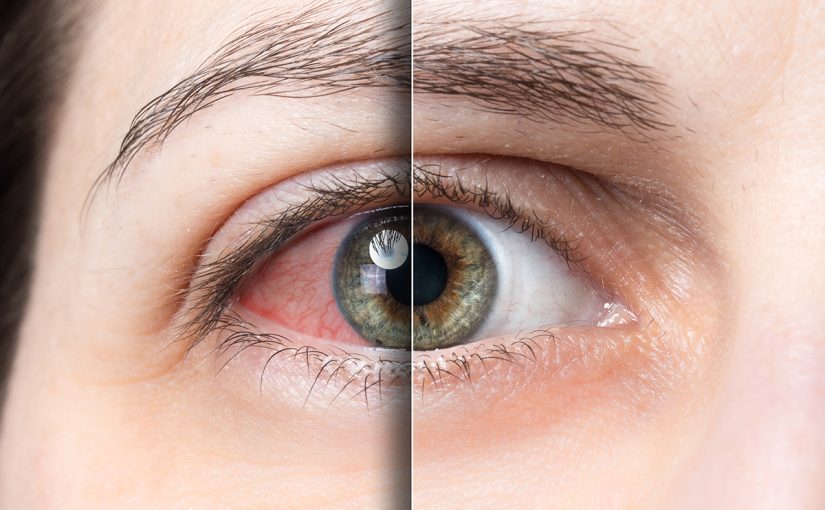
Contact lenses are typically a safe and effective method of vision correction, they are not without risks, particularly if not maintained properly. Contact lenses are classified as medical devices. Neglecting to wear, clean, and store them as instructed can elevate the risk of eye infections, including microbial keratitis. To fully enjoy the benefits of wearing contact lenses, especially the best contacts for dry eyes, it is crucial to adopt healthy habits. Wearing contact lenses has many benefits, including:
| Pros | Cons |
| Convenience | Maintenance |
| Variety | Cost |
| No fogging | Oxygen Permeability |
| Enhanced comfort | Eye Health Risks |
How to choose the best contacts for dry eyes?
Finding the best contacts for dry eyes starts with understanding the options that can help keep your eyes comfortable and hydrated. Additionally, some brands incorporate moisture-sealing technology, like Acuvue Oasys or Dailies Total 1, which can improve comfort. To choose the best contacts for dry eyes, consider the following tips:
1- Oxygen transmission
Oxygen transmission refers to the amount of air that passes through a contact lens. If a lens has low oxygen transmission, it can lead to dryness. That’s why choosing the best contacts for dry eyes, those designed with high oxygen permeability, is essential for maintaining eye comfort. Over time, this limited oxygen flow can impact the health of the cornea, which gets its nutrients from the tear film and the surrounding air, so we need air to reach the cornea through the contact lens.
2- Low water content
3- Silicone hydrogel
4- UV protection
UV protection in contact lenses is an important feature, especially for people who spend a lot of time outdoors. UV-blocking contact lenses help shield the eyes from harmful UV rays, which can contribute to eye conditions like cataracts, macular degeneration, and photokeratitis (sunburn of the eye).
However, while some contact lenses offer UV protection, they don’t cover the entire eye. Therefore, they don’t fully protect areas of the eye exposed to sunlight, such as the whites of the eyes and the eyelids. This makes it ideal to wear sunglasses with UV protection in addition to UV-blocking contacts to achieve comprehensive sun protection.
When to consult an eye specialist
Remember, everyone’s eyes are different. There are different types of contact lenses that suit your eyes as well as other people’s eyes. Finding the best contacts for dry eyes can make a significant difference if you’re experiencing discomfort, especially when dealing with chronic dryness. If your eyes are getting dry or your dry eye symptoms are getting worse, your healthcare provider can determine the next step and what to try next. They can also find out if there is another reason for your dry eyes.
Here are some signs and situations where consulting an eye specialist is essential:
1. Persistent Dry Eye Symptoms: If you experience ongoing dryness, irritation, redness, or a gritty sensation in your eyes that doesn’t improve with over-the-counter treatments, it’s time to see an eye specialist. Chronic dry eye can lead to complications if left untreated.
2. Sudden Vision Changes: Experiencing sudden blurriness, double vision, or any vision loss should be checked immediately. These could indicate underlying issues such as retinal detachment, glaucoma, or other serious eye conditions.
3. Eye Pain or Discomfort: Sharp, throbbing, or persistent eye pain isn’t normal and may signal an infection, injury, or inflammation requiring professional assessment.
4. Eye Infection Symptoms: Signs of eye infections, like redness, swelling, discharge, or sensitivity to light, should prompt a visit to an eye doctor. Quick treatment helps prevent the infection from spreading or worsening.
5. Frequent Headaches or Eye Strain: Headaches or frequent eye strain, especially if associated with reading or screen time, may indicate a need for glasses, an updated prescription, or other interventions.
6. Any Injury to the Eye: For any eye injury, even minor, it’s important to see an eye specialist to rule out internal damage and prevent future complications.
When it comes to using contact lenses for individuals with dry eyes, several key points should be considered to ensure comfort and eye health. Fortunately, you can minimize the risk of discomfort by adhering to optimal eye care and contact lens-wearing practices. This includes selecting well-fitting lenses that offer high oxygen transmission and low water content, regularly changing your contact lenses and solutions, and allowing your eyes to rest when necessary. Collaborating with a healthcare provider is essential to find the best contacts suited to your specific needs.
Frequently Asked Questions
Can I still wear contacts with dry eyes?
Yes, you can still wear contacts with dry eyes, but it's important to choose the right type. Opt for silicone hydrogel or daily disposable lenses, as they provide better oxygen permeability and reduce irritation. Use preservative-free rewetting drops to alleviate dryness and maintain good lens hygiene.
Are daily contacts better for dry eyes?
Yes, daily contacts are generally better for dry eyes. They are designed to be worn for a single day and then discarded, which helps reduce the buildup of allergens and irritants that can exacerbate dryness.
Can eye drops help with contact lens-related dry eyes?
Yes, eye drops can help with contact lens-related dry eyes. It's best to use preservative-free artificial tears or rewetting drops specifically designed for contact lens wearers. These can provide immediate relief and enhance comfort. Apply the drops before inserting your lenses or whenever you feel dryness during the day.


